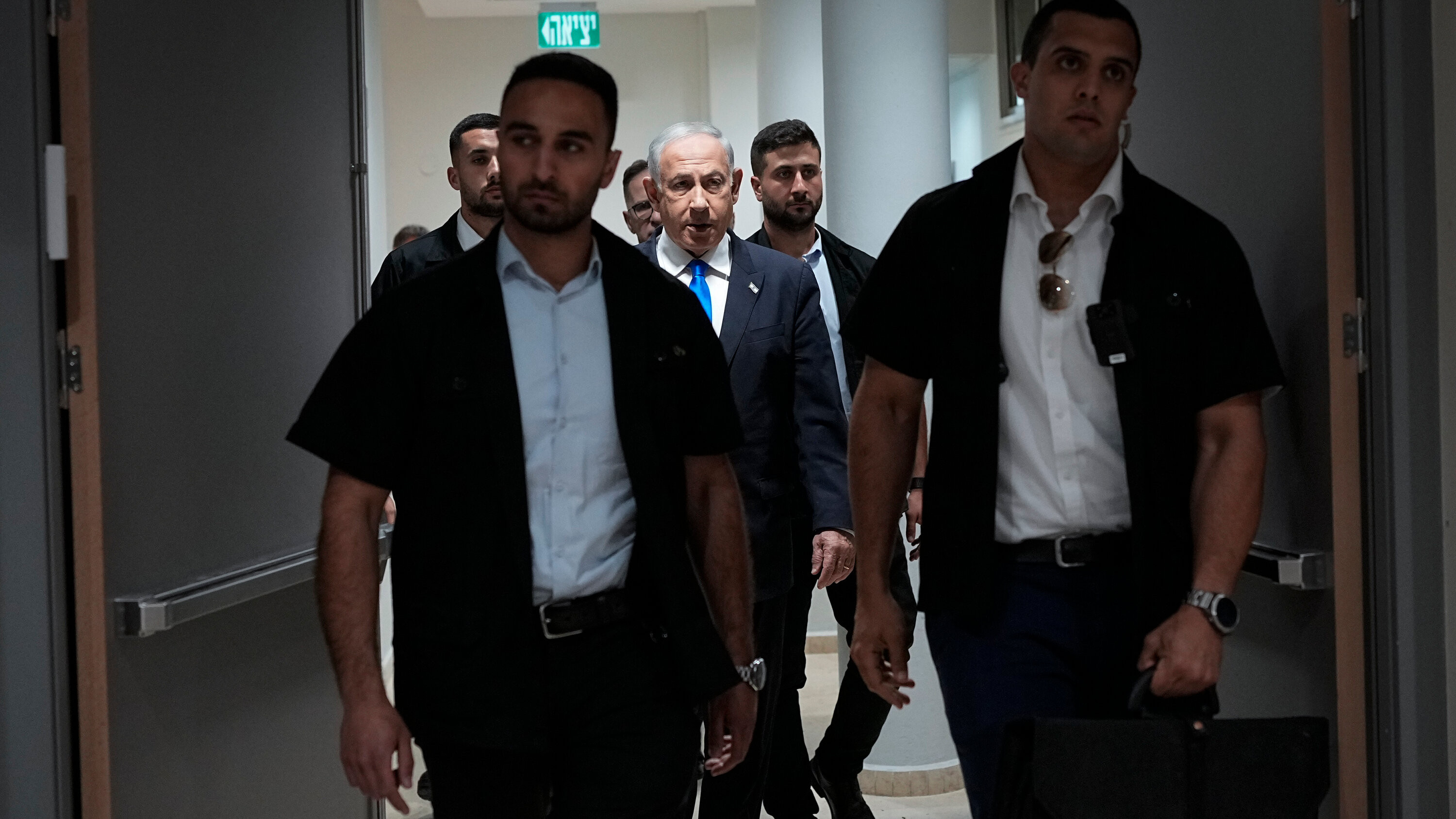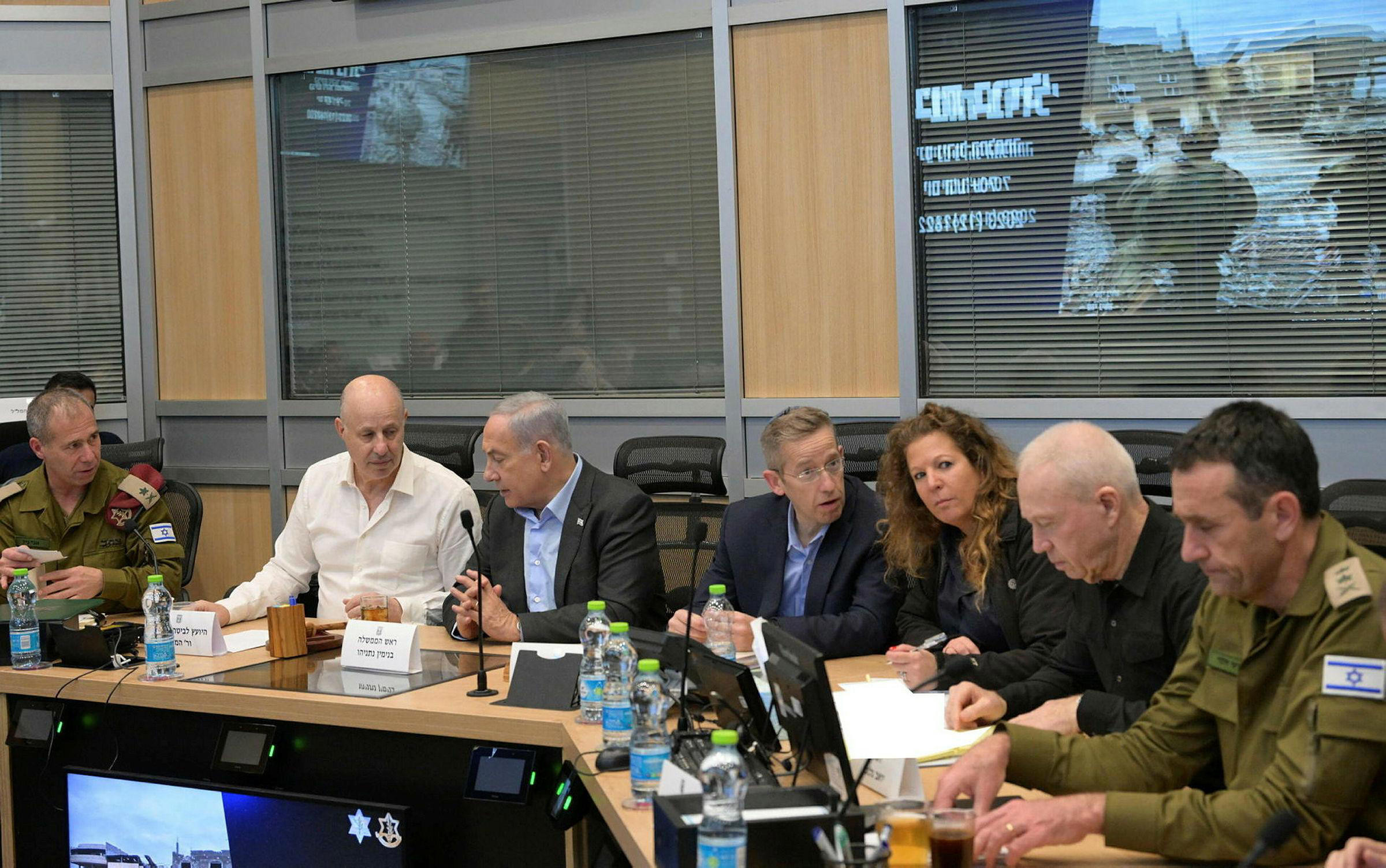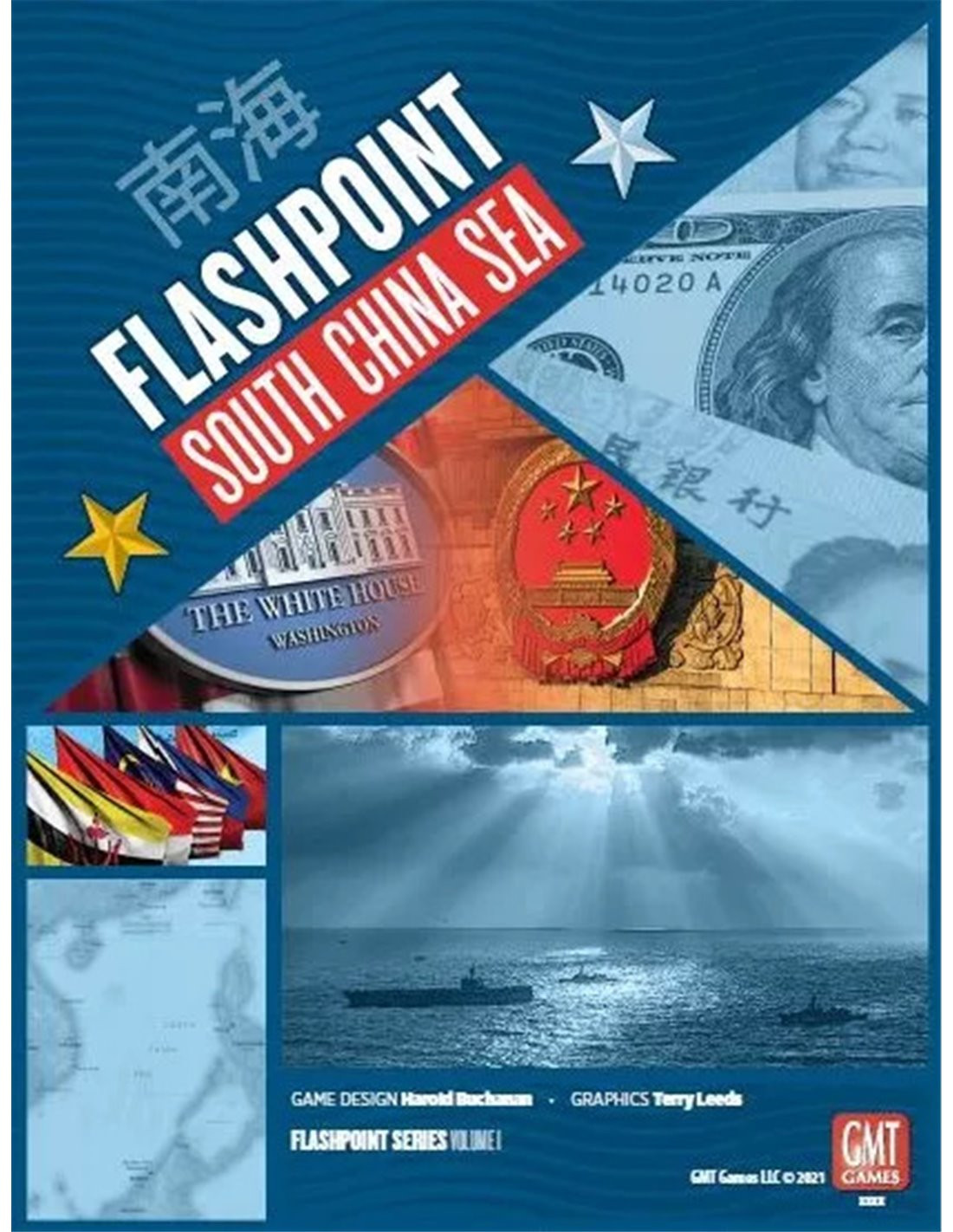The International Criminal Court (ICC) has faced a wave of criticism from influential nations, some of which are members of the Court, over its recent attempts to issue arrest warrants against leaders of Hamas and Israel. The ICC, established to investigate and prosecute individuals accused of the most serious crimes of concern to the international community, has been struggling with its ability to enforce its mandates. This issue underscores the challenge of balancing international justice with political realities.
While the ICC aims to hold perpetrators accountable for crimes against humanity and war crimes, its mandates often fail to be implemented. This reality has led to a debate on the Court's effectiveness and its ability to deliver justice in a world where powerful nations frequently disregard international law.
The ICC's struggle with enforcement is highlighted by the cases of former Sudanese President Omar al-Bashir and Joseph Kony, the leader of the Lord's Resistance Army in Uganda. Despite warrants issued over a decade ago, these individuals have yet to be brought to justice. This raises questions about the true purpose of the ICC if it can't enforce its decisions, as it is not a court without the power to adjudicate.
The recent controversy surrounding the ICC's efforts to issue arrest warrants against Israeli leaders, including Prime Minister Benjamin Netanyahu and Defense Minister Yoav Gallant, serves as a stark reminder of the ongoing challenges facing international criminal justice.
The Oslo Accords, signed in the early 1990s, established a framework for peace negotiations between Israel and the Palestinians. Israel asserts that these accords preclude the ICC from investigating and issuing arrest warrants against Israeli officials, citing the Palestinian Authority's agreement not to pursue legal action against Israeli individuals.
However, legal experts have pointed out that Israel has not adequately investigated or prosecuted individuals suspected of human rights violations and war crimes, despite its commitment to the principle of complementarity in international law. This principle allows a nation with an independent judicial system to investigate and prosecute such cases, giving it priority over international courts.
The debate surrounding the ICC's jurisdiction and the execution of its mandates has been intensified by the conflict in Ukraine, where Russia has disregarded international law and the ICC's warrant for President Vladimir Putin. Putin, despite the warrant, has continued to travel freely, with some countries, including Mongolia, seemingly ignoring their obligations to apprehend him.
The ICC's struggle to bring influential individuals to justice raises questions about its effectiveness and its ability to achieve its stated goals. The ICC's future hinges on its ability to navigate complex political realities and ensure its mandates are respected and enforced. While the ICC aims to hold perpetrators accountable, its success relies heavily on the cooperation of nations, a factor that remains highly uncertain in a world where national interests often take precedence over international law.
The Need for a Paradigm Shift: The Potential of Judging in Absentia
Despite the challenges, there is a glimmer of hope for a more effective international justice system.
The ICC's own decisions in past cases, such as the Joseph Kony case, suggest a potential pathway toward holding perpetrators accountable, even in their absence. The ICC's judgment in this case recognized the need for a mechanism to try individuals in absentia when charges are confirmed and the interests of justice demand it. While this mechanism was not applied in that specific case, it suggests a path forward for future instances.
The precedent set by the Nuremberg Trials, where individuals were tried in absentia, also provides a model for the ICC. The Nuremberg Trials, held after World War II to prosecute Nazi war criminals, established the principle of judging in absentia as a valid legal procedure. The Special Tribunal for Lebanon also adopted this approach, convicting and acquitting individuals who were never present in court.
The inclusion of a provision for judging in absentia within the ICC's statutes would be a significant step toward ensuring that the Court's decisions are respected and enforced. It would allow the ICC to pursue justice even when individuals are unwilling or unable to appear before the Court. This would be a crucial step in empowering the ICC to fulfill its mandate and hold perpetrators accountable for their crimes.
Moving Forward: A Call for Action
The future of international justice depends on a collective commitment to upholding the rule of law. The ICC, as a vital institution in this endeavor, needs the support and cooperation of nations to ensure its effectiveness.
The international community needs to recognize the importance of strengthening the ICC's ability to enforce its mandates. This means addressing the challenges of political interference and ensuring that the Court's decisions are respected.
The adoption of mechanisms like judging in absentia would significantly enhance the ICC's ability to deliver justice. It would signal a renewed commitment to holding perpetrators accountable, regardless of their location or status.
Ultimately, the effectiveness of the ICC hinges on its ability to balance the need for justice with the realities of the political landscape. By strengthening its enforcement mechanisms and fostering a global commitment to international law, the ICC can become a true force for accountability and justice in a world grappling with the consequences of impunity.


















